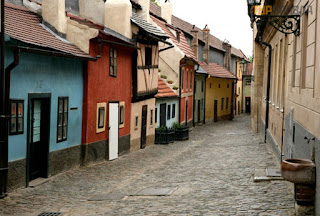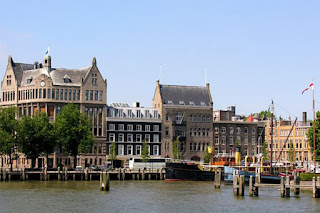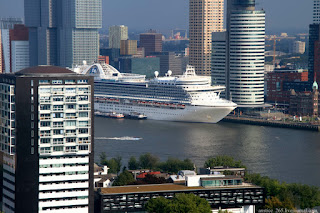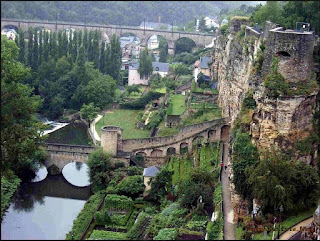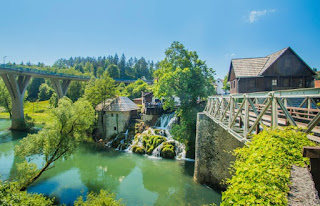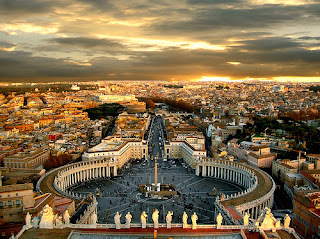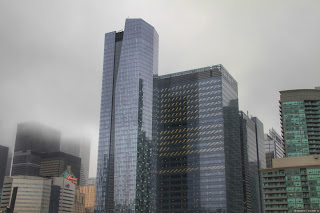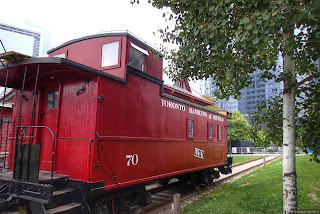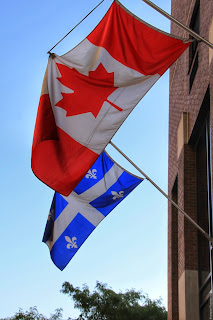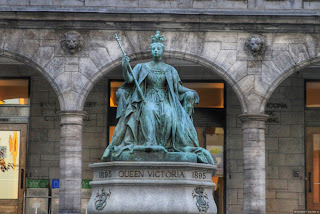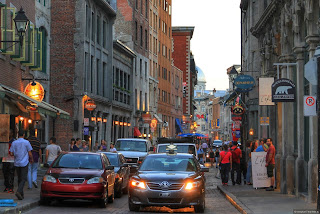PRAGUE
sergiy
February 04, 2019
A magical city with an amazing architectural ensemble, which harmoniously combinesmedieval castles and modern buildings. The heart of old Europe with the magical charmof narrow streets and picturesque landscapes. The European capital, which every yearattracts millions of tourists from all over the world. All this, of course, Prague!Sprawling on both sides of the Vltava River, Prague seems to symbolize the separationbetween the past and the future of Europe. Moreover, the Czech capital surprisingly combinesthese two worlds. Like many European cities, in Prague there is the Old Town and the new districts, only here they do not contrast, but harmoniously combine and create an amazing architectural symbiosis - on some of the narrow streets you can meet the existing water mill and right there, looking away , stumble upon a futuristic television tower. To understand this city, its rhythm of life and atmosphere, we advise you to get closer acquainted with the history and modern life of Prague.The exact date of the founding of the city is unknown. It is believed that Prague was founded by the ancient Slavs around the VI century BC. e. It has always been the main city of the region: in the 10th century - the capital of the Czech state, since 1918 - the Czechoslovak Republic, since 1993 - the independent Czech Republic.Prague practically did not suffer during the Second World War, therefore medieval cathedrals, castles and other architectural monuments are preserved here. Today the city is experiencing a construction boom, and modern buildings appear next to old buildings.Prague CastlePrague Castle is a fortress in Prague (similar to the East Slavic Kremlin), theresidence of the Czech president (formerly the Czech kings, some emperors of theHoly Roman Empire, the presidents of Czechoslovakia, the imperial protectorsof Bohemia and Moravia). The largest presidential residence in the world, possiblyalso the largest castle in the world. Located in Hradcany on a high hill, towering over Prague. Exceptionally rich in architectural, artistic and historical treasures.In Grad there are many houses, although it contains many very famous buildings. Including in it are located: St. Vitus Cathedral, Golden Lane, Church of All Saints, Basilica of St. George. Next to the Castle is the Royal Garden, which houses the Summer Palace of Queen Anne.Golden LaneGolden Lane - the old street of Prague, located in Prague Castle, is one ofthe symbols of the city. The appearance of the street is characterized by dwarftwo-story houses, built into the arches of the former fortress wall. The street is a popular tourist destination, miniature houses converted intosouvenir shops with galleries and expositions. Entrance fee, the visit isincluded in the price of a comprehensive ticket for the Prague Castle.Fair PalaceThe fair palace was built in 1925-1928, located in the Holešovice district, Prague-7. The palace is the first building in Prague built in the style of functionalism. Previously, fairs were held here, offices of international companies were located, but in 1978 the building was transferred to the National Gallery. Nowadays, the complex is used to house the exhibition of contemporary art, famous for paintings by Picasso, Renoir and Van Gogh, as well as the “Slavic epic” by Alphons Mucha.St.Vitus CathedralSt. Vitus Cathedral is a Gothic Catholic cathedral in Prague Castle, the seat of the Archbishop of Prague. The cathedral is ranked among the pearls of European Gothic, is an artistic and national-historical shrine of the Czech Republic. Czech kings and archbishops of Prague are buried in the chapels of the cathedral, and the coronation regalia of medieval Bohemia are also kept there.The present building of the cathedral was built in several stages: 1344-1419,1490-1510, 1556-1593 and 1873-1929 (the western part). Finally, the construction of the cathedral was completed only at the beginning of the XX century. The length of the main nave of the cathedral is 124 meters, the height of the Great South Tower is 96.5 meters. On the western side, there are two 82-meter neo-gothic stone towers with a 10-meter round window in the form of a rosette between them. Three portals of the cathedral are richly decorated with sculptures, stone and bronze reliefs.
